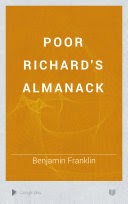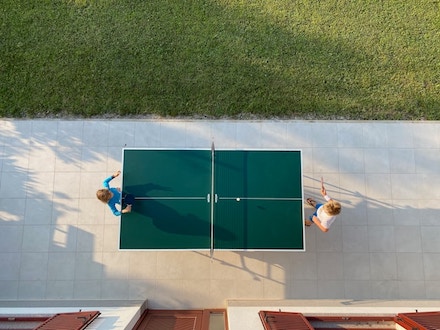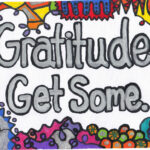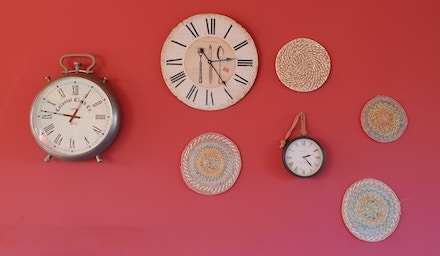“Dost thou love life? Then do not squander time — that’s the stuff life is made of.”
Benjamin Franklin, oldest signer of the Declaration of Independence
Poor Richard’s Almanac, published annually by Benjamin Franklin from 1732 to 1758, was very popular in the American colonies. It contained a mix of practical advice, humorous anecdotes, aphorisms, puzzles, and even weather forecasts.
Franklin used it to share enlightenment principles such as reason, self-improvement, and practical wisdom, which fit very nicely with the purpose of The Quotable Coach blog.
Here are few noteworthy nuggets of Franklin’s wisdom to ponder:
- Early to bed and early to rise, makes a man healthy, wealthy and wise.
- Well done is better than well said.
- Beware of little expenses. A small leak will sink a great ship.
- He that can have patience can have what he will.
- A true friend is the best possession.
EXERCISE:
In what ways can you better use your precious time to learn, grow, and contribute to others in your various communities?
Which of Franklin’s other quotes are worthy of additional consideration at this time in your life?














